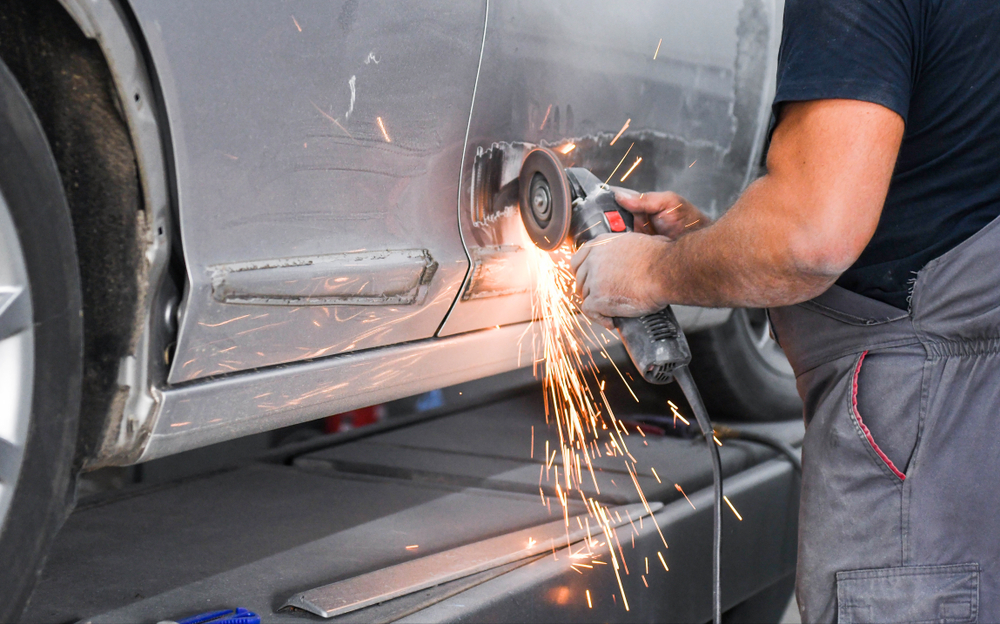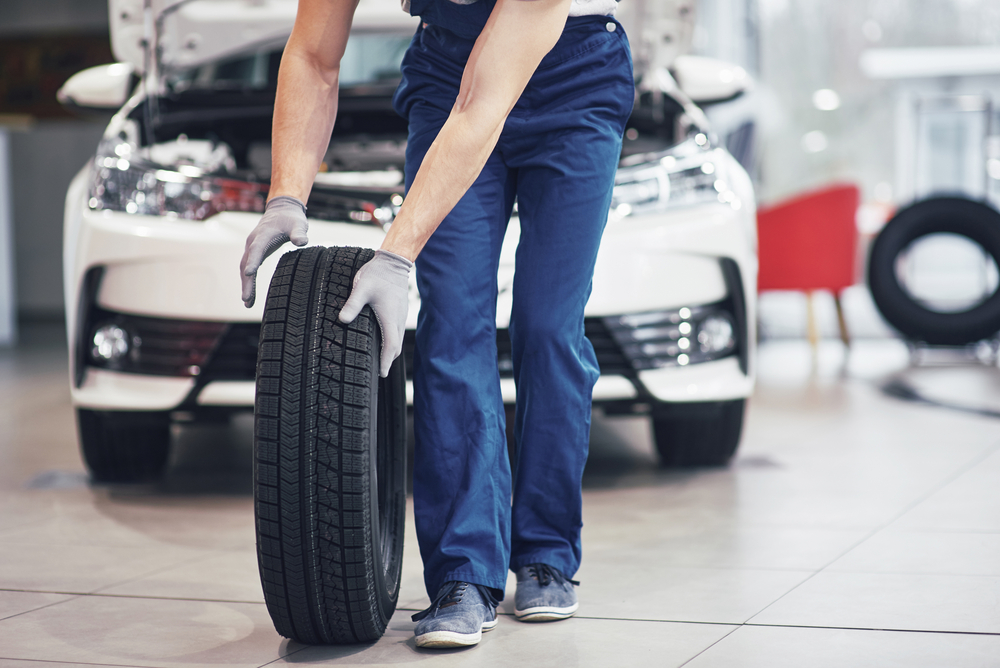
Coverage: Protects against third-party claims for bodily injury or property damage that may occur on the repair shop premises or as a result of the business operations. Significance: Essential for safeguarding the repair shop from potential lawsuits and legal liabilities arising from accidents or injuries to customers, vendors, or other visitors.
Coverage: Similar to general liability but explicitly tailored for garage operations, covering risks related to the repair shop's business activities. Significance: Addresses liabilities unique to auto mechanics, such as faulty repairs or defective parts, offering comprehensive protection against various potential legal issues.
Coverage: Protects customers' vehicles in the care, custody, and control of the repair shop against damages caused by fire, theft, vandalism, or other covered perils. Significance: It is crucial for auto mechanics as it safeguards against potential financial losses from damage to customers' vehicles while being repaired or serviced.
Coverage: Provides compensation for employees who suffer work-related injuries or illnesses, covering medical expenses and a portion of lost wages. Significance: Essential for ensuring the well-being of employees and compliance with legal requirements. It helps cover the costs associated with workplace injuries, reducing the financial impact on the repair shop.

Begin by researching insurance providers that specialize in auto mechanic insurance. Compare the coverage options, policy features, and reputation of different providers. Look for companies with a history of serving similar businesses and positive reviews from other auto repair shops.
Assess the financial stability of potential insurance providers. A financially secure company is better equipped to fulfill its obligations in the event of a claim. Review the provider's financial ratings from independent agencies and inquire about their track record in handling claims promptly.
Ensure that the insurance provider offers coverage tailored to auto mechanics' specific needs and risks. This includes general liability, garage liability, garage keepers insurance, and other relevant coverages. A comprehensive policy that addresses the industry's unique challenges is crucial for adequate protection.
Investigate the claims process of each insurance provider. A responsive and efficient claims-handling process is essential for a quick resolution in the event of an incident. Consider the level of customer service the insurance company provides, including their accessibility and responsiveness to inquiries.
Choose an insurance provider with experience in the auto repair industry. A company familiar with the specific risks and challenges faced by auto mechanics is better positioned to offer relevant advice and tailored coverage. Inquire about their experience with businesses similar in size and scope to your repair shop.
While cost is a significant factor, it should not be the sole determinant. Evaluate the overall value of the coverage about the premiums. A higher premium for more comprehensive coverage and better service may prove beneficial in the long run.
Look for insurance providers that offer risk management support and resources. Moreover, this can include safety training programs, loss prevention advice, and tools to help mitigate potential risks. A proactive approach to risk management can contribute to a safer work environment and lower insurance costs.
Carefully review the terms and conditions of the insurance policies under consideration. Pay attention to exclusions, limitations, and any illnesses affecting coverage. Understanding the fine print ensures no surprises when it comes time to make a claim.
Get A Free Quote Today!